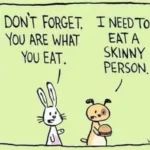Eating and drinking are such simple parts of our day-to-day life and yet have so many myths and misconceptions about its harms and benefits. In an attempt to debunk some of these widely popular beliefs, we have compiled a list of the 9 biggest myths about water and nutrition.
1. I need to drink eight glasses of water a day.
This rule was made more as a guideline and doesn’t really have scientific backing. The latest recommendation by the Institute of Medicine is that women should drink two litres and men should drink three litres of any healthy fluid – not just water. That sounds like a lot but remember that 20% of our water intake comes from the food we eat. Water flushes toxins from our body which in turn improve our overall health. To ensure the delivery of vitamins and minerals more rapidly and efficiently, drink the alkaline water produced by your HomePure Alkaline Jug or HomePure Alkaline Stick, available in your eStore.
READ: The New York Times – No, You Do Not Have to Drink 8 Glasses of Water a Day
2. Not drinking enough water doesn’t affect my health.
If you don’t drink enough water, your kidneys don’t have the amount of fluid they need to do their job properly. When you don’t drink enough water, your body holds in toxins instead of expelling them. Lack of water can also cause dehydration which can affect your brain functioning. Studies have shown that when people are dehydrated, their performance is impaired on tasks involving visual perception, short-term memory and psycho-motor ability. If you are averse to drinking plain water, try eating high water fruits and drinking green tea. If you want even more nutrition, try having a glass a day mixed with your favourite LifeQode product.
3. Plastic water bottles can be used again and again.
When we are on the go, we often buy bottles of water and then reuse it. Plastic water bottles leach chemicals into our water after multiple uses. The bottle, if not properly cleaned, may also be a haven for bacteria. While reusing a product is good for the environment, proper precautions need to be taken before you reuse plastic bottles.
READ: About.Com- Reusing Plastic Bottles Can Pose Serious Health Hazards
4. There’s no such thing as ‘drinking too much water’.
Drinking too much water can lead to problems in people who suffer from certain health conditions. People with heart conditions, high blood pressure or kidney problems should watch how much water they drink. Drinking excess water during meals can also lead to digestion problems as it dilutes stomach acid. In some exceptionally rare cases, you may even develop something called water intoxication.
READ: New York Times – Can You Drink Too Much Water?
5. Diet sodas help keep you slim.
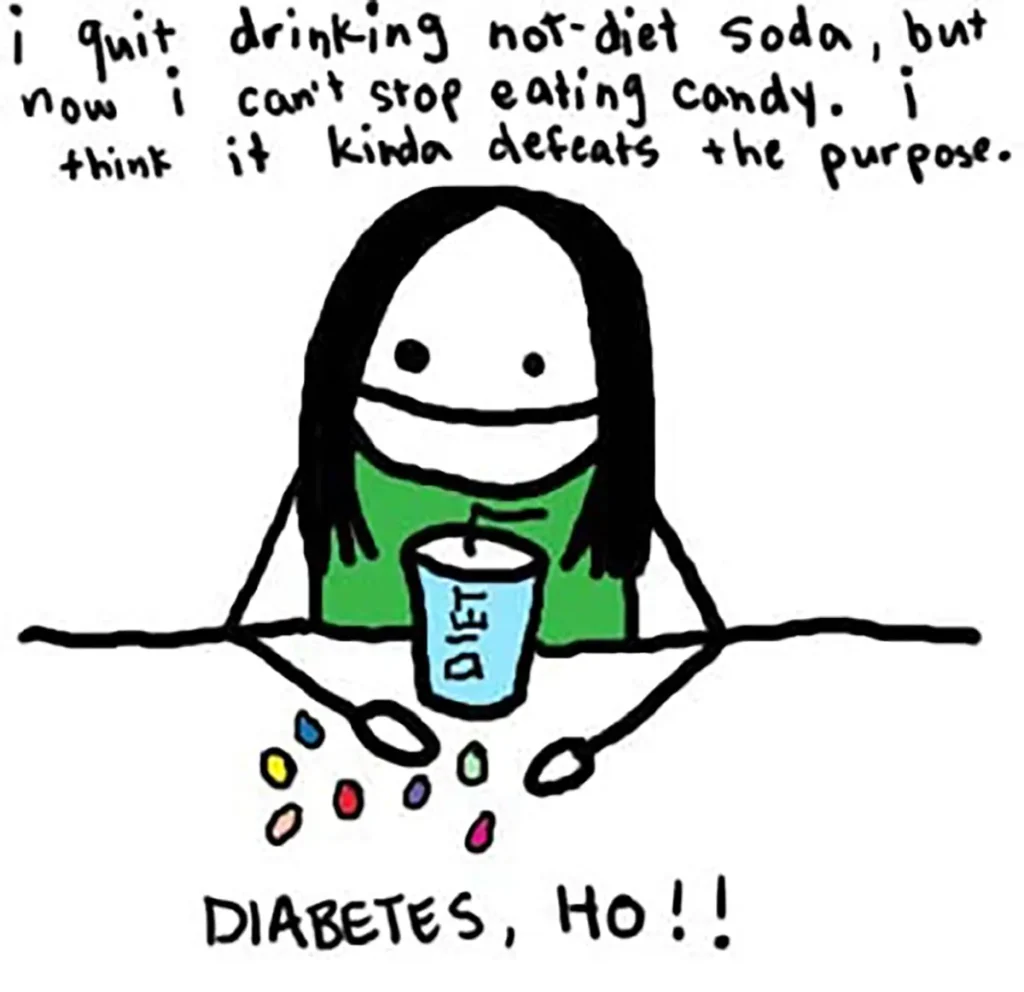
While they are low in calories, diet sodas contain artificial sweeteners that lead to food urges you may not be able to control. They don’t have the enormous sugar load that the original drink has but these sodas can make you overeat and therefore gain weight. Switch to plain water and drop a slice of lime or fresh mint in it to give it a refreshing taste.
READ: TIME – Should I Drink Diet Soda?
6. I crave certain foods because I’m deficient in one of the nutrients they provide.
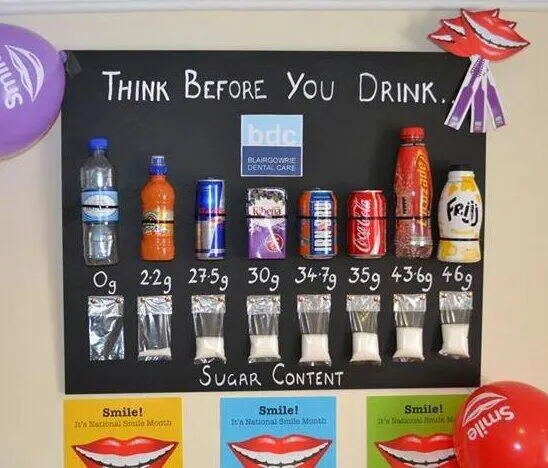
Our food craving is more about satisfying an emotional need rather than a physical one. You usually have a craving when you are watching what you eat or you’re bored of what you eat. More often than not, the cake you are longing for is not because your body is lacking in sugar. It is because you crave its taste and comfort. A great rule of thumb to avoid this situation is to ask yourself if the food you want is adding nutritional value to your body.
7. It’s important to fast periodically to detox your system.
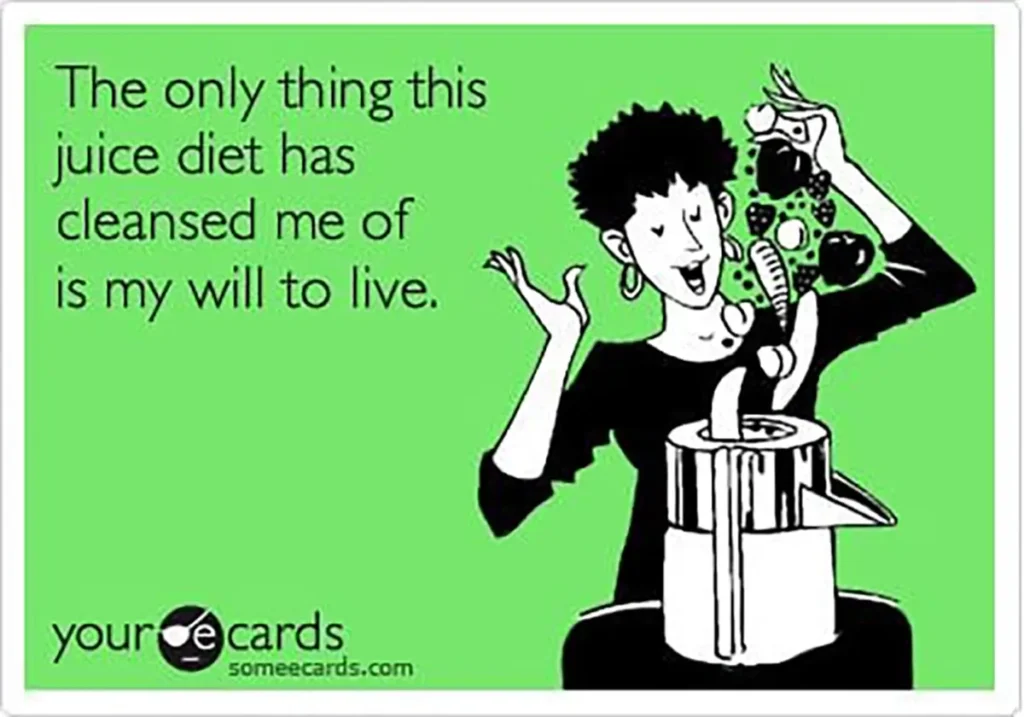
Your body comes with its own detox system in the form of the liver, kidneys and spleen. There is no scientific proof that fasting or juice diets help these organs do their job better. Rather than going in for cleanses that make you feel like you’re starving, do your body a favour and eat food rich in fibre.
8. If I’m trying to lose weight, I should eat many small meals throughout the day.

Eating many small meals during the day doesn’t help you lose weight. Eating 2-3 meals a day has the same effect on total calories burned as eating 5-6 smaller meals. Eating smaller meals helps keep hunger at bay and therefore you are less likely to overeat. However, you also need to look at what these smaller meals are made of. Swap your potato crisps with carrot sticks and hummus, have an apple instead of a chocolate bar.
READ: 5 Myths About Your Metabolism
9. Eating fat makes me fat.
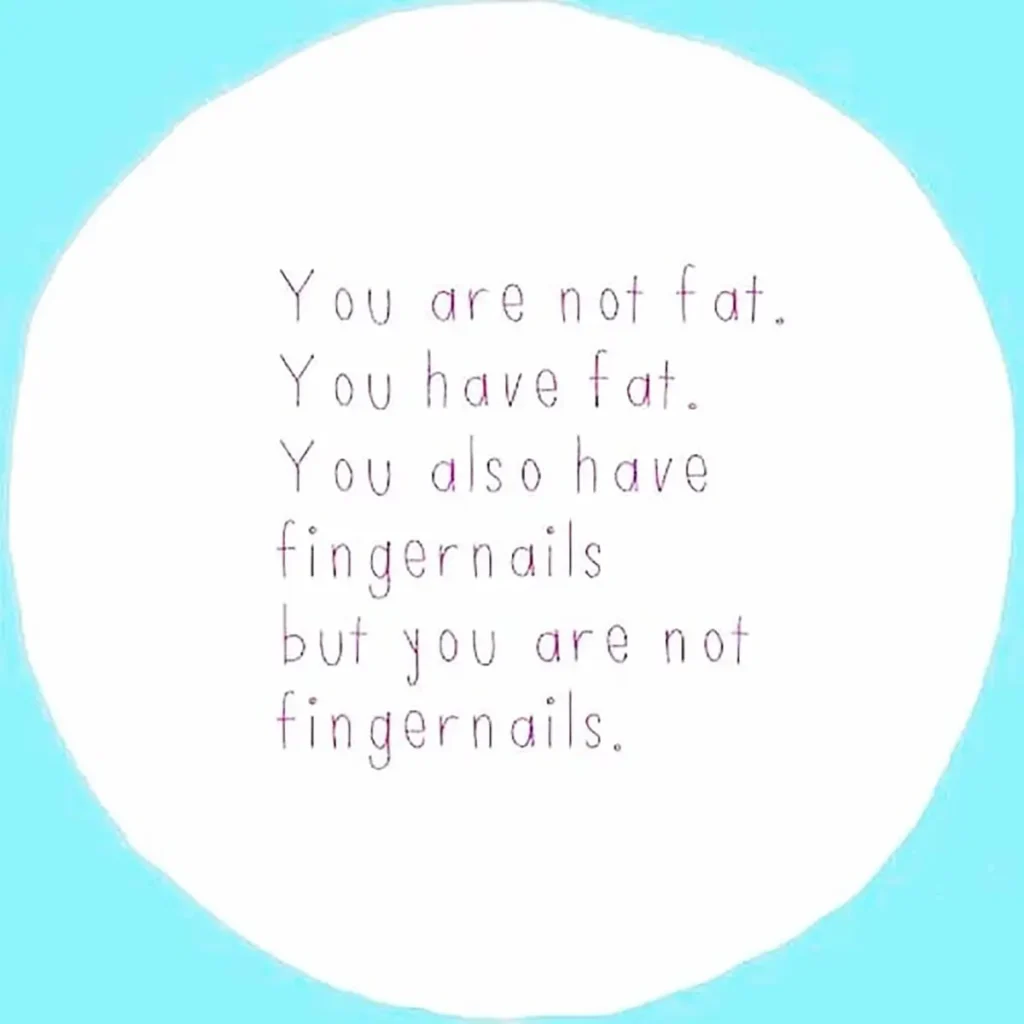
We have been told not to eat food with high fat content because it could block our arteries. Turns out that food with the labels of ‘low fat’ or ‘non-fat’ usually have more sugar to make up for the taste and calories. In the long run, this is bad for you. Not all fat is bad fat. Good fats that come from avocados, olive oil, and peanut butter, among many others, are essential to a balanced diet.

